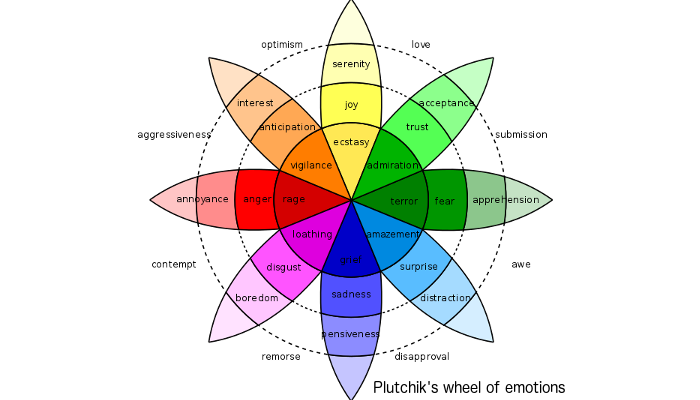Bid for Lectures on Computational Linguistics 2023
L’Associazione Italiana di Linguistica Computazionale (AILC) sollecita candidature per ospitare
l’edizione 2024 delle “Lectures on Computational Linguistics”.
Le Lectures sono una iniziativa annuale di AILC rivolta alla formazione nel campo della
Linguistica Computazionale, e sono il frutto di una stretta collaborazione con l’alta formazione in
Università, in particolare con le Scuole di Dottorato. Informazioni sul format delle Lectures e
sulle edizioni precedenti sono disponibili qui.
Le sedi che si intendono proporre dovranno presentare un documento contenente le seguenti
informazioni:
- Gruppo organizzatore locale: indicare le persone coinvolte nell’organizzazione locale
delle Lectures, inclusa una persona proposta per far parte del Comitato Scientifico delle
Lectures per due anni; indicare precedenti esperienze dei local organizers
nell’organizzazione di eventi di formazione. - Caratteristiche della Sede: indicare la posizione della sede, numero di sale disponibili
con la relativa capienza, spazi per sessione poster, presenza di attrezzature audio-video,
possibilità di pranzo in mensa per i partecipanti. - Scuola di dottorato e corsi universitari collegati alla sede: indicare la/le scuole di
dottorato coinvolte nell’organizzazione, gli eventuali corsi di laurea interessati, e il
corrispondente numero di studenti potenzialmente interessati alle Lectures. - Caratterizzazione scientifica della Sede: indicare la caratterizzazione della sede (sede a
orientamento umanistico, orientamento informatico o misto); indicare eventualmente
alcuni temi scientifici che la Sede ospitante intende proporre al Comitato Scientifico delle
Lectures, nel caso la sede fosse selezionata. - Alloggi: indicare la disponibilità di alloggi, in particolare a costi contenuti, per es., se
presenti, studentati e strutture universitarie di accoglienza. - Evento sociale: indicare possibilità e costi per una cena o altro evento sociale.
- Trasporti: indicare i collegamenti (aereo, treni) per raggiungere la sede; mezzi di
trasporto urbani con i tempi per raggiungere la sede. - Budget: indicare i costi stimati relativi alle sale, i costi della mensa, e eventuali altri costi
fissi richiesti dalla sede ospitante. - Sponsorizzazioni: indicare eventuali sponsorizzazioni da parte di istituzioni universitarie
(dipartimento, scuola di dottorato). - Date: indicare le date possibili delle Lectures (tre giorni) nel periodo maggio-giugno 2023.
La selezione della sede ospitante verrà effettuata, in seduta congiunta, dal Comitato Scientifico
delle Lectures e dal Consiglio Direttivo AILC.
Le candidature dovranno essere inviate per posta elettronica al Presidente AILC (Simonetta Montemagni – simonetta.montemagni@ilc.cnr.it) e al Coordinatore del Comitato Scientifico delle Lectures (Elisabetta
Jezek – jezek@unipv.it) entro il giorno 15 ottobre 2023.
Contatti: Simonetta Montemagni (simonetta.montemagni@ilc.cnr.it) e Elisabetta Jezek (jezek@unipv.it)






